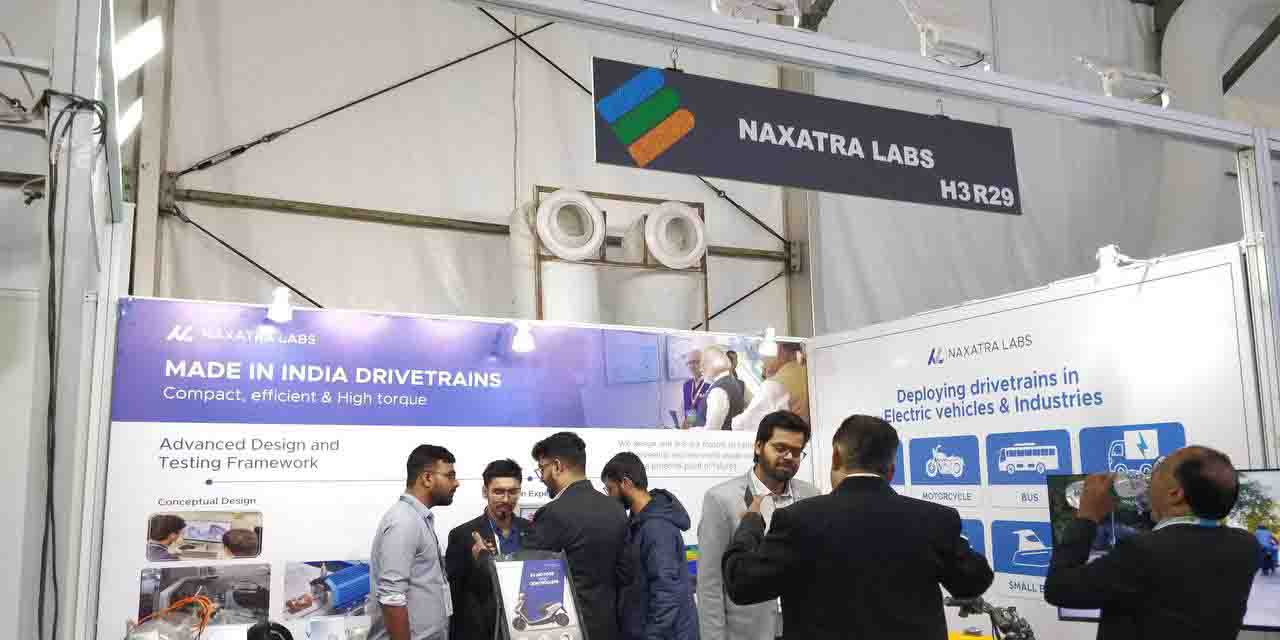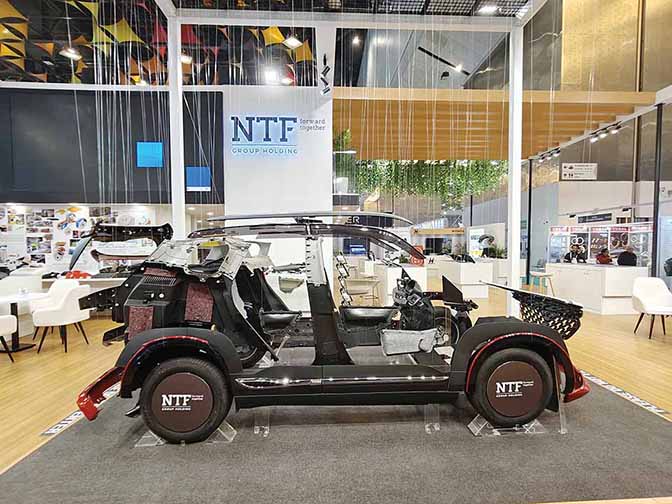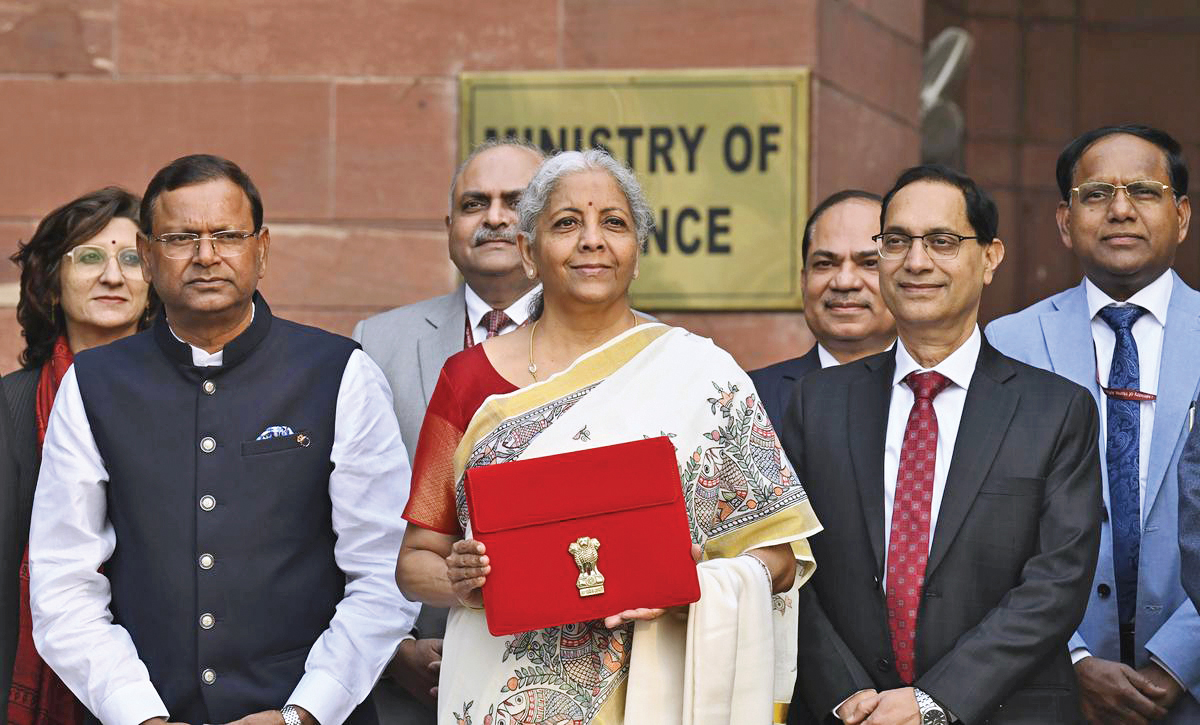Text: Bhushan Mhapralkar
In-car technology is growing rapidly. It has reached a point where pooled resources may help develop a platform, but its use in the final stages may dictate such amount of customisation, that it is unique to the automotive manufacturer that offers it. Used to the fullest advantage by offering an automobile that is superior or ‘intelligent’ than the other, automakers are spending an inordinate amount of resources and time rushing emerging technology and connectivity options into new cars. They however should take time out, and look at a new survey by JD Power, which indicates that a lot customers may not actually want them.
J.D. Power says 20% of car owners have never used 16 of 33 new technology features available in their vehicles. Common features that go untouched include in-vehicle concierge services, mobile routers, automatic parking, head-up displays, and built-in apps. Concierge services were the least popular, with 43% of respondents saying they’ve never used them.20% of respondents say there are 14 tech features they do not want in their next vehicles, and some of those rejected features may come as a surprise.
The list includes Apple CarPlay and Android Auto, the current holy grails of infotainment features that have automakers tripping over themselves to quickly bring to the marketplace. Looking at buyers born between 1977 and 1994, J.D. Power says the number of unwanted features rises to 23. Driver assistance and collision-avoidance technologies rank favorably on their lists, but connectivity options aren’t nearly as popular. “We’ve been very focused as an industry on Generation Y for connectivity,” said Kristin Kolodge, Executive Director of driver interaction and HMI research at J D Power.
It’s not that they don’t want to stay connected behind the wheel. It’s that they’re really picky. Data indicates they’re rejecting built-in connectivity options in favor of doing things the old-fashioned way – using their smartphones. They’re not seeing the value equation from a built-in perspective, Kolodge said.












Leave a Reply